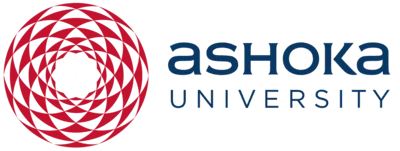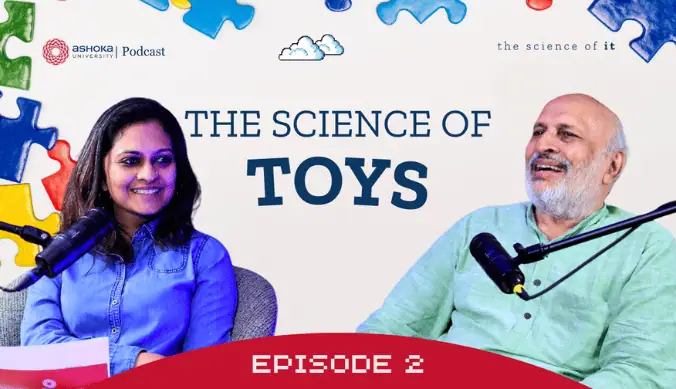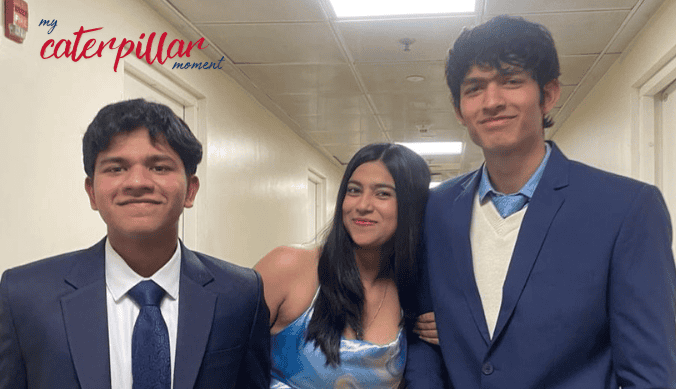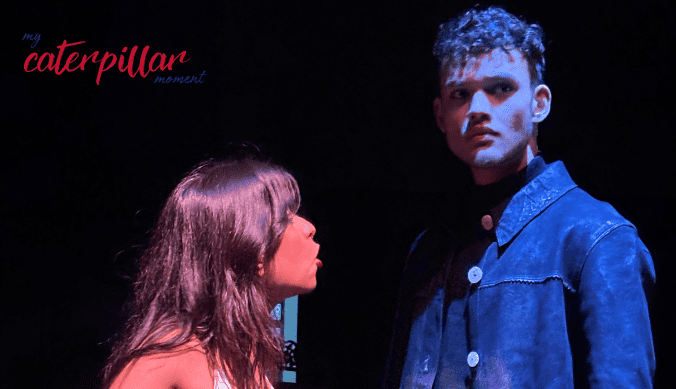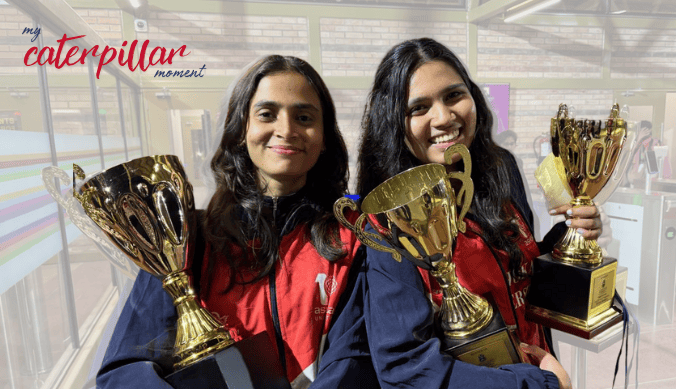CWC Summer School 2025: Building Knowledge Over the Summer
Soumya Vats, Writing Tutor, Ashoka University, shares insights from CWC’s Summer School 2025, where participants honed their research and professional writing skills.
The Centre for Writing and Communication (CWC) organised its yearly Summer School from 26th to 31st May, covering a range of themes that drew on the CWC team members’ expertise, with a critical approach to academic and professional development. These courses, open to participants within and outside the Ashoka community, enabled us to take the centre’s work to a wide audience. By incorporating in-class activities, active discussions, and lecture-based segments, these online courses provided a productive and welcoming space for participants to both pursue their particular interests and engage in a wide range of writing and communication training.
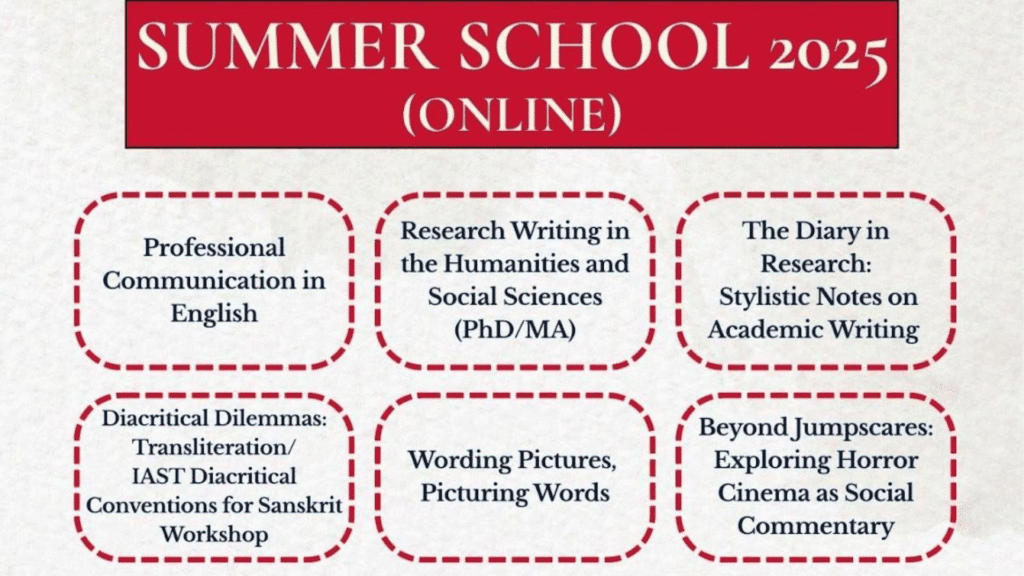
While Research Writing in the Humanities and Social Sciences (PhD and MA cohorts) provided guidance on structuring academic writing at various stages through in-class exercises, Professional Communication in English was geared towards equipping professionals with essential speaking and writing skills in workplace contexts. Additionally, other courses tapped into specific practices and interests.
The Diary in Research introduced diary writing as a way to negotiate with established academic norms while retaining the reflexivity and vulnerability of personal writing. Wording Pictures, Picturing Words introduced generative writing as a resistant and transformative storytelling practice. Diacritical Dilemmas delved into the processes of transcription and transliteration, focusing on IAST diacritical conventions for Sanskrit and briefly touching on other Indian languages.

Beyond Jumpscares informed ways of writing about horror films by locating the sociopolitical context of their production and reception, and elevating them as important cultural artefacts.
The summer school had over 130 registrations cumulatively, from a range of disciplines, professions, and interests. The success of this year’s summer school is further reflected in the participant feedback for the courses:
- “Loved the connection made between zines as a pedagogical tool and medium of connection between non-conformity and desire of expressions.” (for Wording Pictures, Picturing Words)
- “(The sessions) provided valuable insights into new methods of thinking and fostered creative learning, which contributed significantly to my understanding and skills.” (for The Diary in Research)
- “Understanding the professional context of communication in English with clear logic from both instructors will help me grow and learn more about effective communication.” (for Professional Communication in English)
- “The workshop incorporated transliteration exercises which helped in gaining practical understanding of the process.” (for Diacritical Dilemmas)
- “I really liked the study material and the interactions we had, (I) didn’t even feel like I was sitting through a 4-hour-long lecture!” (for Beyond Jumpscares)
- “The clarity and organisation with which the session was presented have really started influencing how I present my own ideas- making them more refined and, therefore, in better sync with the kind of work I hope to be involved in.” (for Research Writing [MA])
- “These sessions were crucial for me at the initial stage of my Ph.D. as they helped clarify how to frame a solid research direction and present arguments in a structured critical way.” (for Research Writing [Ph.D.])
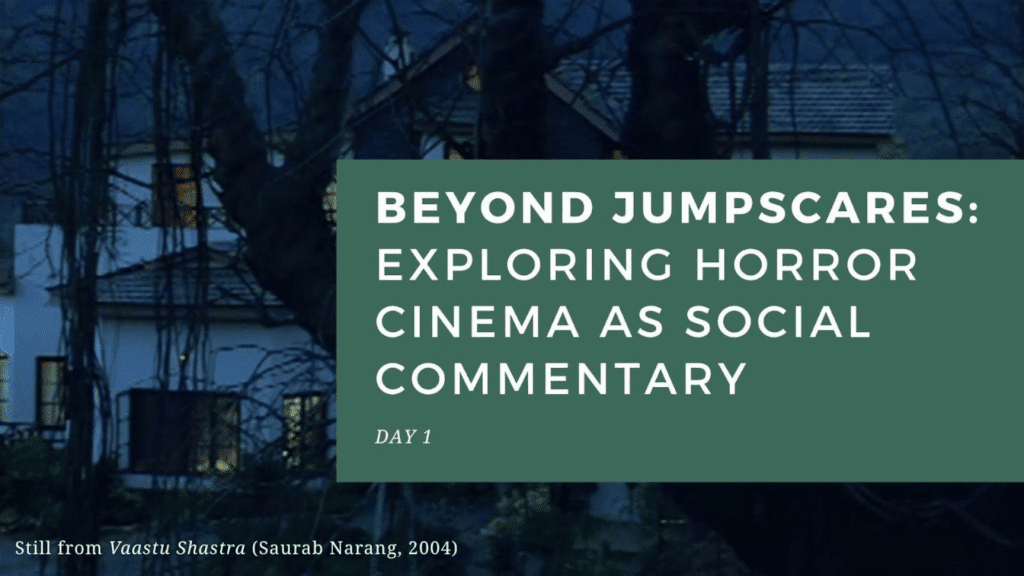
CWC’s Summer School forms an important part of our pedagogical framework, in tandem with the Winter School offered exclusively to the Ashoka community, and our Creative Programmes and Academic Workshops that are organised all year long.
Study at Ashoka

